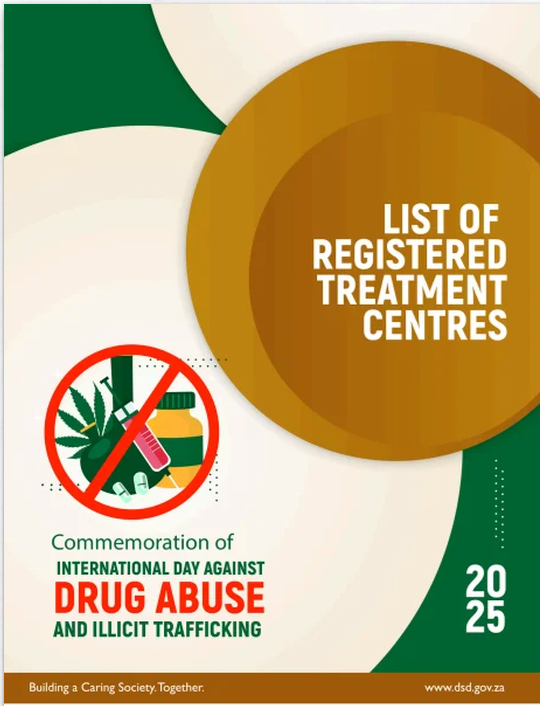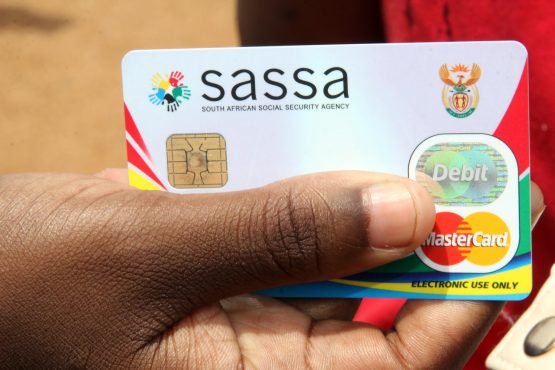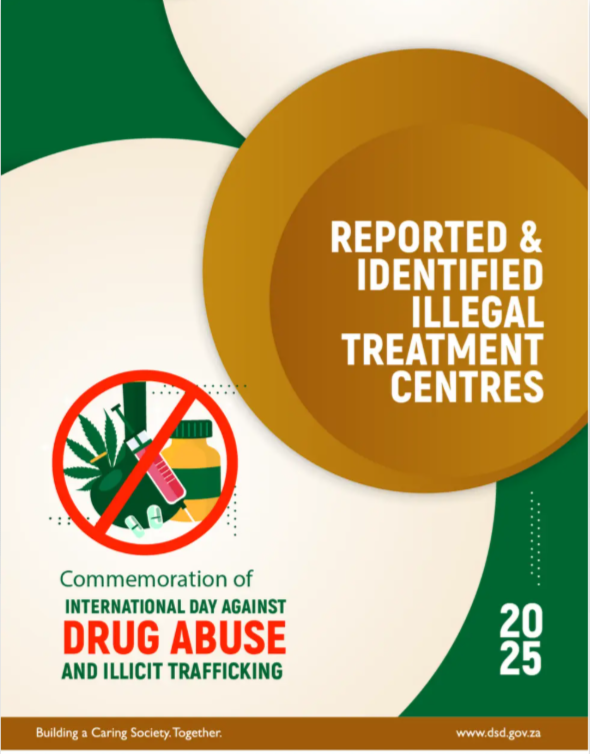By Morapedi Sibeko
- November serves as an annual reminder that raising awareness about disability rights should be a daily commitment.
- The 2025 theme – “Creating strategic multisectoral partnerships for a disability inclusive society” – highlights the importance of collaboration in building an inclusive country.
- Families and caregivers are central partners in promoting the inclusion and care of persons with disabilities.
From 3 November to 3 December, South Africa observes Disability Rights Awareness Month, a time to raise awareness about disability rights, challenge misconceptions, and promote inclusion for people with disabilities.
The month also serves as a reminder that addressing barriers should not be limited to this time of the year; it calls for daily commitment, continuous action, and sustained change across society.
The 2025 theme, “Creating strategic multisectoral partnerships for a disability inclusive society”, highlights the importance of collaboration and shared responsibility in building an inclusive country.
Talking at the launch of the Social Security Colloquium last month, Minister of Social Development, Sisisi Tolashe, pointed out that at the heart of the country’s social security system was dignity – “not charity, but empowerment. A system that respects choice, fosters agency, values work, and creates the opportunities and an enabling environment that allows every vulnerable South African to contribute and participate in their own development and our national economy.”
The Department of Social Development’s 2024–2025 Annual Report, released under the Government of National Unity, reflects measurable progress in advancing the rights and well-being of people with disabilities.
A key milestone is the department’s partnership with the Japan International Cooperation Agency (JICA) to develop a sustainable community-based respite care model in Mpumalanga and the Northern Cape.
Through this initiative, caregivers and supervisors have completed practical skills training, and new respite care approaches have been introduced to strengthen support at community level.
This work responds to the daily realities of families caring for children with disabilities.
Manthipi Molamu, who is responsible for services to people with disabilities, highlights that families and caregivers are central partners in promoting the inclusion and care of persons with disabilities.
She emphasises that the revised policy on providing services for people with disabilities aims to empower families through training, information, and psychosocial support so they are equipped to provide rights-based and dignified care.
The policy encourages early childhood development centres and protective workshops to evolve into community-based resource and respite centres that offer accessible services, early intervention, and occasional relief for caregivers.
Progress on the policy front has been significant.
The department revised the draft policy with a focus on strengthening programmes and funding arrangements. This revision brings together various funding mechanisms to support future legislation that will secure the resources required for effective implementation.
It places strong emphasis on disability mainstreaming to ensure that government programmes and services integrate the rights, needs, and participation of people with disabilities. This approach aligns with the White Paper on the Rights of Persons with Disabilities and reinforces its role as the foundation for policy direction in the sector.
Molamu notes that the policy promotes independence through structured transition support that assists individuals with disabilities as they move from school into employment or independent living.
Over time, this reduces pressure on families.
She underscores the value of partnerships with international organisations such as JICA, which bring knowledge, practical models, and tested methodologies that strengthen community-level services.
These partnerships support South Africa’s commitment to the United Nations Convention on the Rights of Persons with Disabilities, particularly on international cooperation.
The draft policy was presented to the heads of social development services in August 2024 and to the Forum of South African Directors-General Social Protection, Community and Human Development Cluster in November 2024.
These engagements have strengthened support for the policy. On 22 October 2025, Minister Tolashe presented the draft policy on Social Development Services to Persons with Disabilities to Cabinet consideration.
The Department of Social Development remains committed to an inclusive society through policy reform, community-driven programmes, and collaboration with strategic partners. The goal is to ensure that people with disabilities can participate fully in their communities, access opportunities, and live with dignity.
As Disability Rights Awareness Month unfolds, the Department of Social Development will continue engagements with families, caregivers, sector experts, and organisations representing people with disabilities.
This ongoing work is intended to ensure that progress is meaningful, measurable, and experienced by those it seeks to support. The commitment remains clear: South Africa thrives when every person is recognised, included, and valued.





